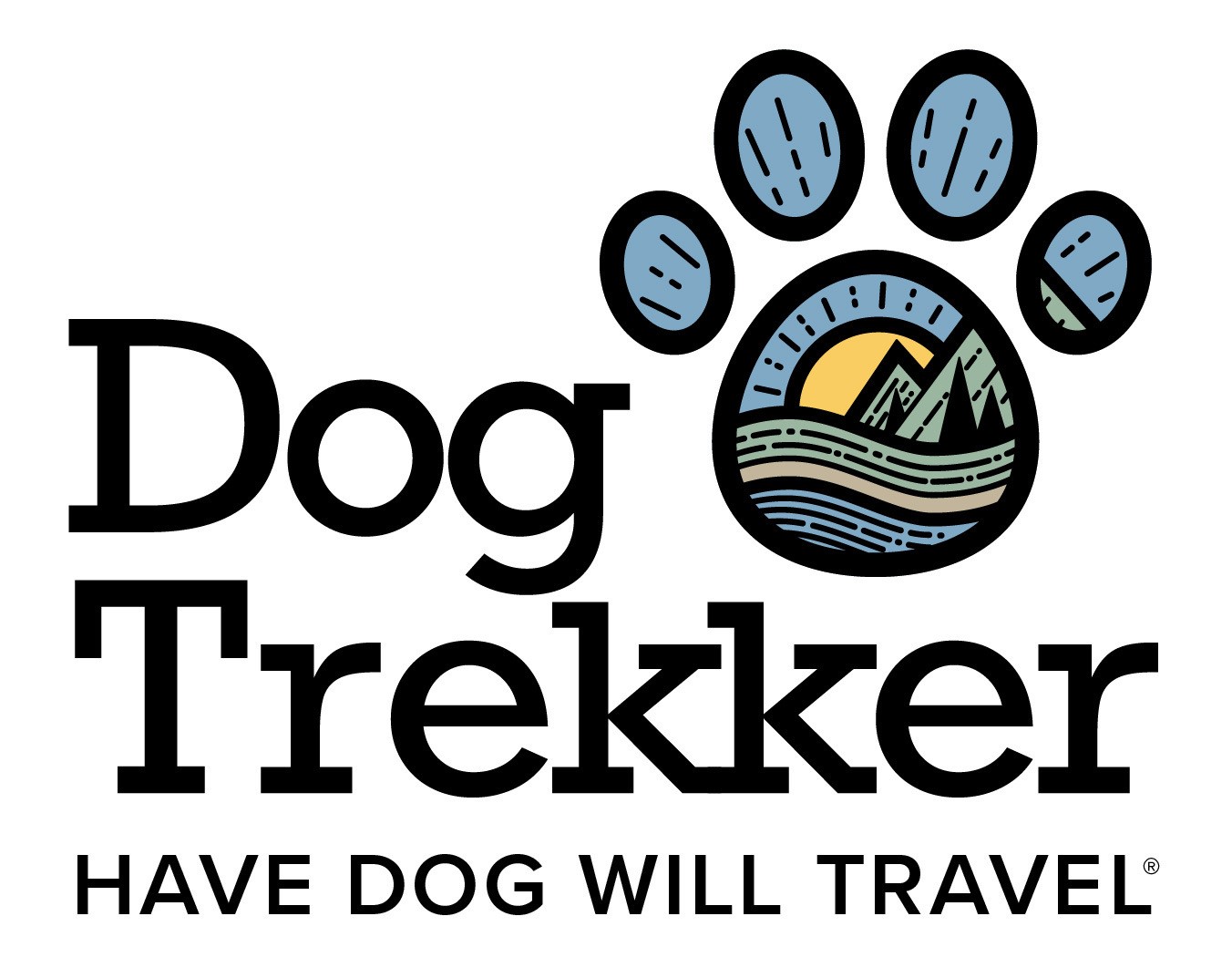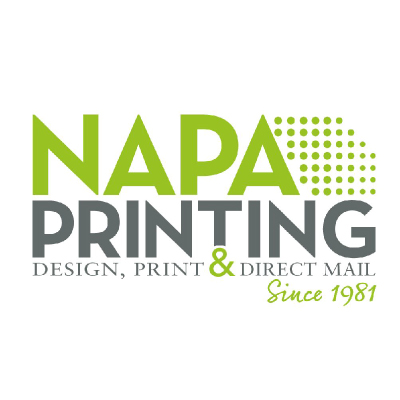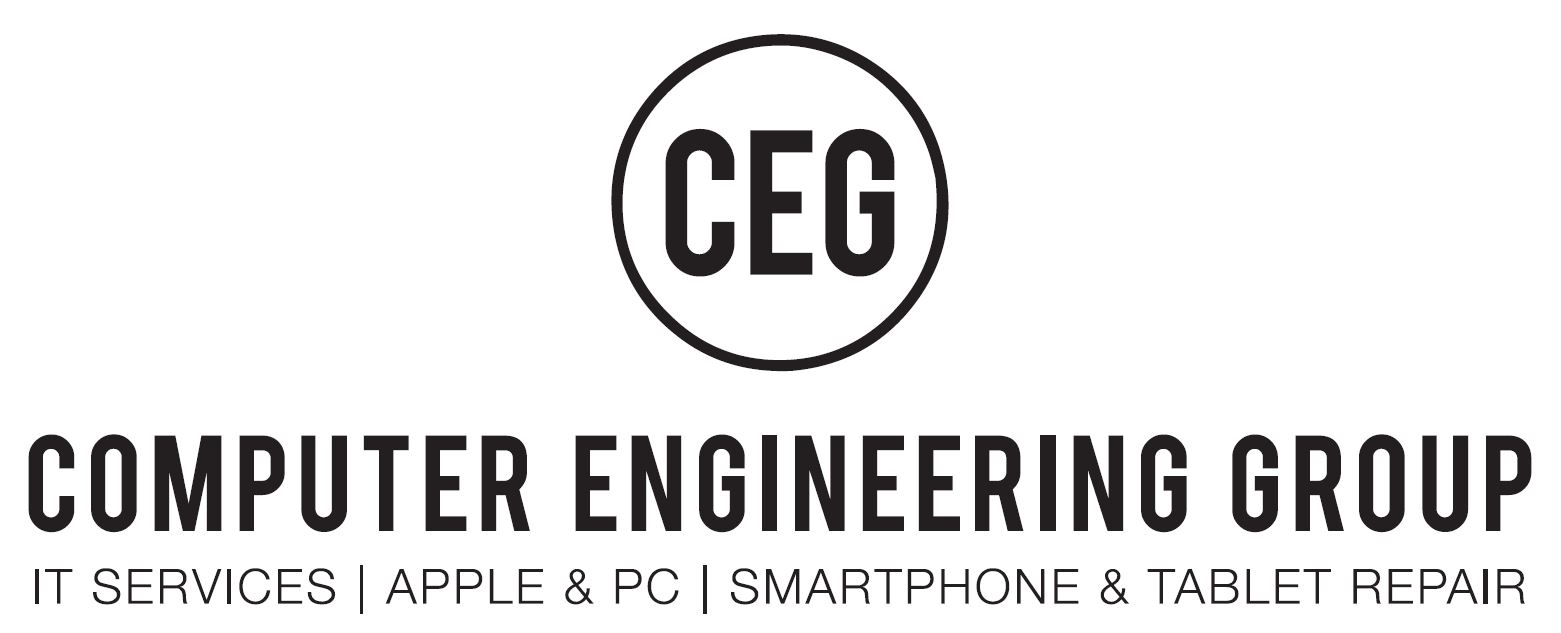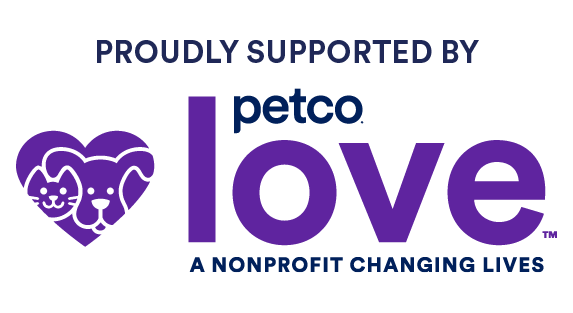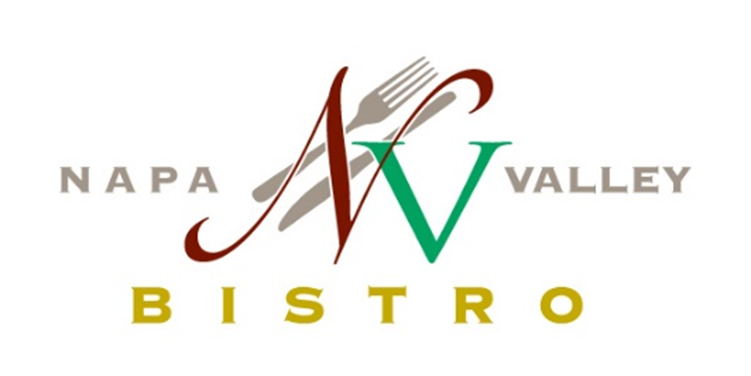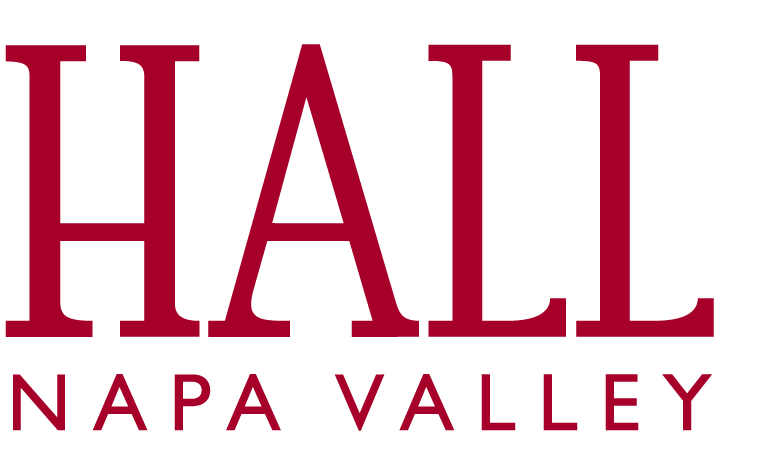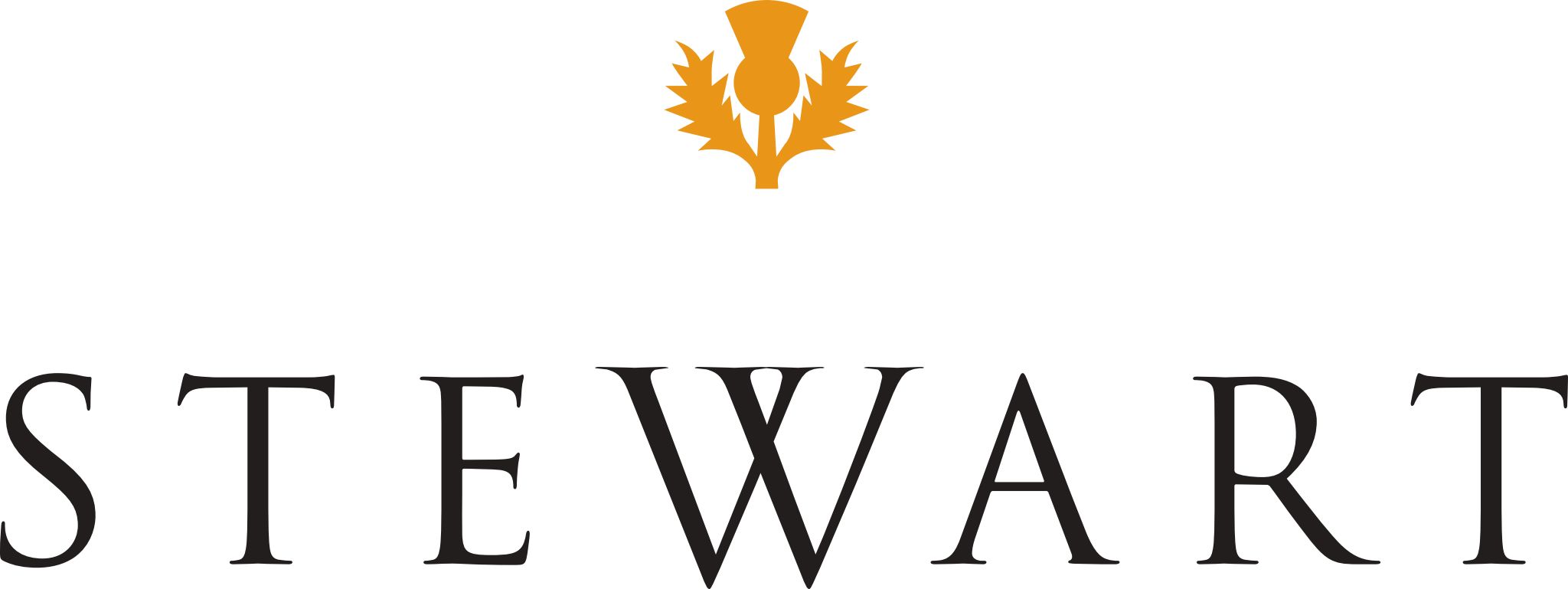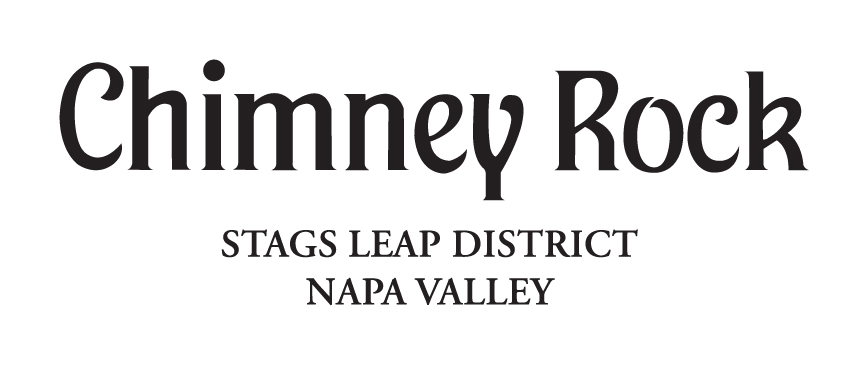Why Is It So Hard to See a Vet These Days?
by Wendi Piscia | September 29th, 2022 | 8:50 am
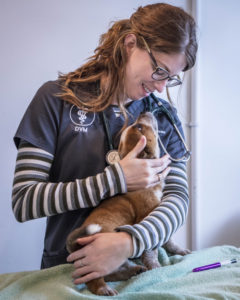 You’re not alone if getting your furry loved ones in to see a vet has gotten a lot harder the last few years. Schedules seem to be booked solid for weeks in advance – and many offices aren’t even taking new patients. What’s happening here? Is it bad practice management? Something in the supply chain? Pandemic staffing challenges?
You’re not alone if getting your furry loved ones in to see a vet has gotten a lot harder the last few years. Schedules seem to be booked solid for weeks in advance – and many offices aren’t even taking new patients. What’s happening here? Is it bad practice management? Something in the supply chain? Pandemic staffing challenges?
Nope. The real problem is, we don’t have nearly enough vets for our pets. This was the case even before the pandemic inspired 23 million households to welcome a new furry family member – so the problem has only gotten worse since then.
Industry groups predict that we’ll need around 23,000 more companion animal vets by 2030 to take care of our dogs and cats – plus another 18,000 to replace the vets practicing now who will have retired by then. That’s a grand total of nearly 41,000 new companion animal veterinarians by 2030. At the rate we’ve been adding new vets, though, it will take us almost 16 years to get there – and we only have 8 years to do it!
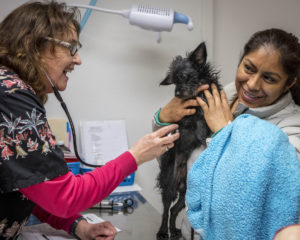 That doesn’t look good for our pets. People are already going to emergency vets and waiting 10 hours to get their animals examined. Others can’t afford the time and money to do that. Already, Napa Humane has seen a huge increase in demand for our spay/neuter and other preventative care, since many private vet practices are cutting back services so they can see more sick and injured animals. This situation will only get worse with time, since our country gets far more pets than we get new vets each year.
That doesn’t look good for our pets. People are already going to emergency vets and waiting 10 hours to get their animals examined. Others can’t afford the time and money to do that. Already, Napa Humane has seen a huge increase in demand for our spay/neuter and other preventative care, since many private vet practices are cutting back services so they can see more sick and injured animals. This situation will only get worse with time, since our country gets far more pets than we get new vets each year.
So, what can we do to solve this vet shortage? The first thing most people suggest is that we need to encourage more students to go to veterinary school. (I had the same thought myself.) But it turns out that despite the huge student loans and underpaid jobs, people wanting to go to vet school is not the problem! It’s that there aren’t enough admission slots in vet schools.
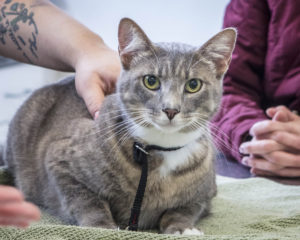 Did you know there are only 32 accredited colleges of veterinary medicine in the whole country? And, most of them are quite small. UC Davis had 979 applicants for their 2023 class, but they could only accept 191 people; just 149 of those applicants actually enrolled. Since only about 60% of new vets wind up working with companion animals (the others go into specialty fields, large animals, research, academia, and a variety of other career paths), that means Davis only graduates around 90 new companion animal vets every year. The other 31 accredited schools are a similar story.
Did you know there are only 32 accredited colleges of veterinary medicine in the whole country? And, most of them are quite small. UC Davis had 979 applicants for their 2023 class, but they could only accept 191 people; just 149 of those applicants actually enrolled. Since only about 60% of new vets wind up working with companion animals (the others go into specialty fields, large animals, research, academia, and a variety of other career paths), that means Davis only graduates around 90 new companion animal vets every year. The other 31 accredited schools are a similar story.
Clearly, we have got to step up the pace! We need more accredited vet schools, we need bigger classes at the schools we have, and we also need more vet techs and assistants to help carry the workload – the way physicians’ assistants and nurse practitioners do with our own medical doctors. We need bold, sweeping changes to veterinary medicine education if we want to make sure our pets can get the care they’ll need in 2030.
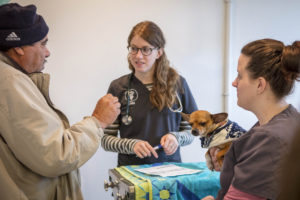 Just as importantly, though: We need to be really, really patient, supportive, and kind to the overworked veterinarians and clinic staff we have now! The reasons for the current vet shortage are systemic, and it’s not your vet’s fault that pets outnumber pet doctors so dramatically. They are doing their best in a terrible situation, and burnout is real. Let’s do what we can to help our veterinary teams keep doing the critical work that they do. Please be patient, and don’t make them question why they got into this career. Send cards, buy the team lunch, or do something else to express your appreciation that they are taking care of our pets. Let them know how important they are.
Just as importantly, though: We need to be really, really patient, supportive, and kind to the overworked veterinarians and clinic staff we have now! The reasons for the current vet shortage are systemic, and it’s not your vet’s fault that pets outnumber pet doctors so dramatically. They are doing their best in a terrible situation, and burnout is real. Let’s do what we can to help our veterinary teams keep doing the critical work that they do. Please be patient, and don’t make them question why they got into this career. Send cards, buy the team lunch, or do something else to express your appreciation that they are taking care of our pets. Let them know how important they are.
We also encourage you to talk to your community, and spread the word about what’s going on with veterinary care. We need to raise awareness of this problem to set changes in motion. Vets should not have to work around the clock seven days a week on a regular basis – though we are grateful some do, volunteering with us for wellness clinics or extra spay/neuter surgery days.
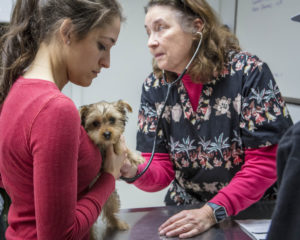 If you can, please support Napa Humane as we do our best to fill the need gap. Our spay/neuter surgeries are currently booking four months out, because people have so few other options in the North Bay area – none of which are low-cost. For thousands of local pets, our spay/neuter services and wellness clinics are the only vet care available to them. Please help us help them with a donation today.
If you can, please support Napa Humane as we do our best to fill the need gap. Our spay/neuter surgeries are currently booking four months out, because people have so few other options in the North Bay area – none of which are low-cost. For thousands of local pets, our spay/neuter services and wellness clinics are the only vet care available to them. Please help us help them with a donation today.








